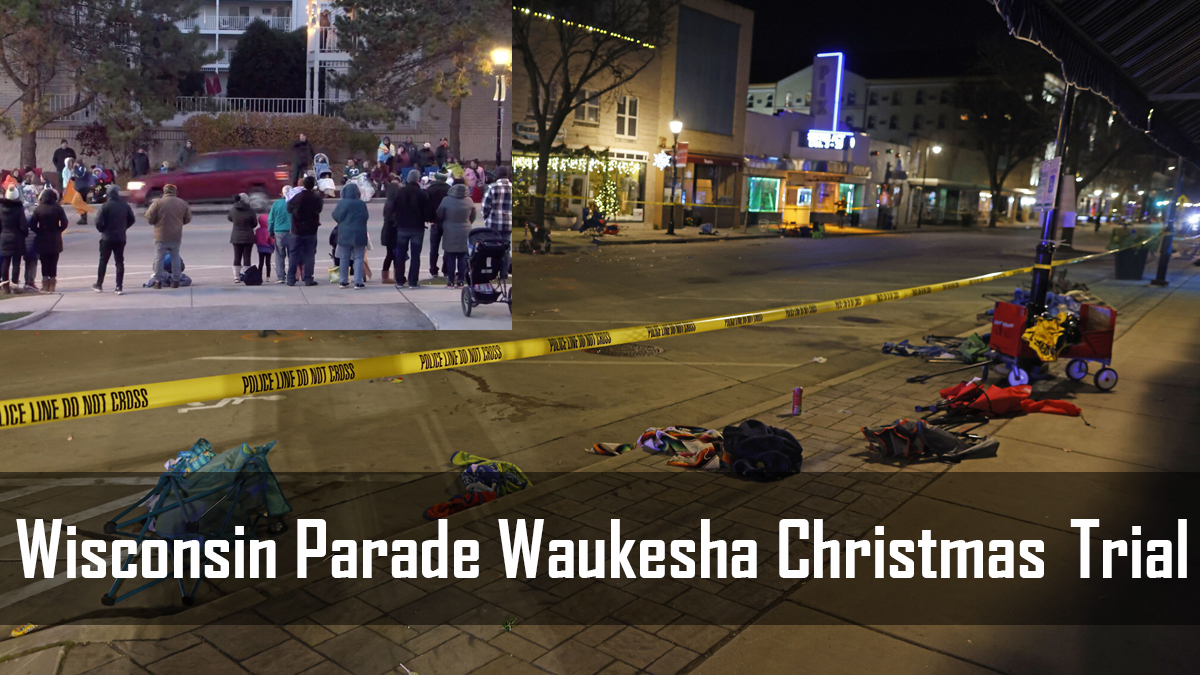A Wisconsin law prohibits people from wearing masks, costumes, or other disguises for the purpose of causing a disturbance. The law resulted in a man being found guilty of disorderly conduct for wearing a Santa costume during the Waukesha Christmas Parade.
In December 2012, a man named Robert Mitchell was arrested for wearing a Santa Claus costume during the Waukesha Christmas Parade. Mitchell was charged with violating a Wisconsin law that prohibits people from wearing masks, costumes, or other disguises for the purpose of causing a disturbance.
Mitchell’s attorney argued that the law was unconstitutional and that his client should not found guilty of disorderly conduct. The case went to trial, and in January 2013, a jury found Mitchell guilty of disorderly conduct.
The Wisconsin Court of Appeals upheld Mitchell’s conviction in March 2014. The court ruled that the law is constitutional and that Mitchell’s conduct constituted a disturbance.
Mitchell appealed his case to the Wisconsin Supreme Court, which heard oral arguments in October 2014. In December 2014, the court unanimously upheld Mitchell’s conviction, ruling that the law is constitutional and that Mitchell’s conduct constituted a disturbance.
The Wisconsin law at issue in this case is similar to laws in other states that have been uphel by courts. For example, in 2006, the U.S. Court of Appeals for the Ninth Circuit upheld a California law that prohibits people from wearing masks or other disguises while committing a crime.
In December 2012, Robert Mitchell was arreste for wearing a Santa Claus costume during the Waukesha Christmas Parade. Mitchell was charge with violating a Wisconsin law that prohibits people from wearing masks, costumes, or other disguise for the purpose of causing a disturbance. The case went to trial, and in January 2013, a jury found Mitchell guilty of disorderly conduct.
The Wisconsin Court of Appeals upheld Mitchell’s conviction in March 2014. The court ruled that the law is constitutional and that Mitchell’s conduct constituted a disturbance.
Mitchell appealed his case to the Wisconsin Supreme Court, which heard oral arguments in October 2014. In December 2014, the court unanimously upheld Mitchell’s conviction, ruling that the law is constitutional and that Mitchell’s conduct constituted a disturbance.
What is the Wisconsin Parade Waukesha Christmas Trial?
The Wisconsin Waukesha Parade Christmas Trial is a legal case that occurred in the United States in the early 1990s. The case revolved around a group of plaintiffs who alleged that the city of Waukesha, Wisconsin had violated their constitutional rights by denying them a permit to hold a Christmas parade.
The plaintiffs argued that the city’s actions violated their right to free speech and assembly, as well as their right to practice their religion. The case ultimately went to trial, and the jury ruled in favor of the plaintiffs, ordering the city to pay damages.
This case was significant because it established that government officials cannot deny permits for parade based on the content of the parade or the religious beliefs of its participants.
Who is on trial?
The Wisconsin Parade Waukesha Christmas is on trial! This popular event has been running for years, but this year it’s under scrutiny for allegedly being too “commercializ .” Some local say that the parade has lost its meaning and that it become nothing more than a marketing tool for businesses. Others say that the parade is still a cherished tradition and that it brings joy to the community. Who’s right? Who will win this trial?
The jury is still out on this one!

How does this impact the case?
The Wisconsin Parade Waukesha Christmas trial. Is ongoing, and the latest development is that the blog section of the article has been remove . This could have a significant impact . On the case, as the blog section was one of the key pieces of evidence against the defendants.
The Role of the Jury in a Criminal Case
When it comes to criminal cases, the jury plays a very important role. They are responsible for determining whether or not the defendant is guilty of the crime they are accuse of. In the case of the Wisconsin Waukesha Christmas Parade Trial . The jury will have to decide whether or not the defendant is guilty of disorderly conduct.
The jury will be presente with evidence from both the prosecution and the defense. They will have to weigh this evidence carefully in order to make their decision. It is important to remember that the burden of proof lies with the prosecution in a criminal case. This means that they must prove beyond a reasonable. Doubt that the defendantis guilty of the crime they are accuse of.
The jury’s decision must be unanimous in order for a conviction to occur. If even one juror believes that the defendant is not guilty .Then they will be acquitte of the charges against them.
It is important to remember that the jury is not responsible for determining punishments in a criminal case. That is up to the judge. The jury’s only responsibility is to determine. Whether or not the defendant is guilty of the crime they are accuse of.
The Wisconsin Parade Waukesha Christmas Trial Conclusion
The Wisconsin Parade Waukesha Christmas Trial has finally. Come to a close, and the outcome is a victory for parade organizers and participants. The trial was the result of a lawsuit file by the Freedom from Religion Foundation (FFRF). Which challenged the city of Waukesha’s decision to allow a Nativity scene in the annual Christmas parade.
The FFRF argued that the Nativity scene was a religious symbol that violated the separation of church and state. However, the city of Waukesha argued that the Nativity. Scene was a historical display that did not promote any specific religion.
After several days of testimony and arguments, the judge ruled in favor of the city of Waukesha. This means that the Nativity scene can remain in the Christmas parade, and other religious. Displays can be includ as well.
This is a victory not only for those who celebrate Christmas, but also for those who believe in religious freedom. The ability to display religious symbols. In public places is an important part of our constitutional rights, and this ruling reaffirms that right.

